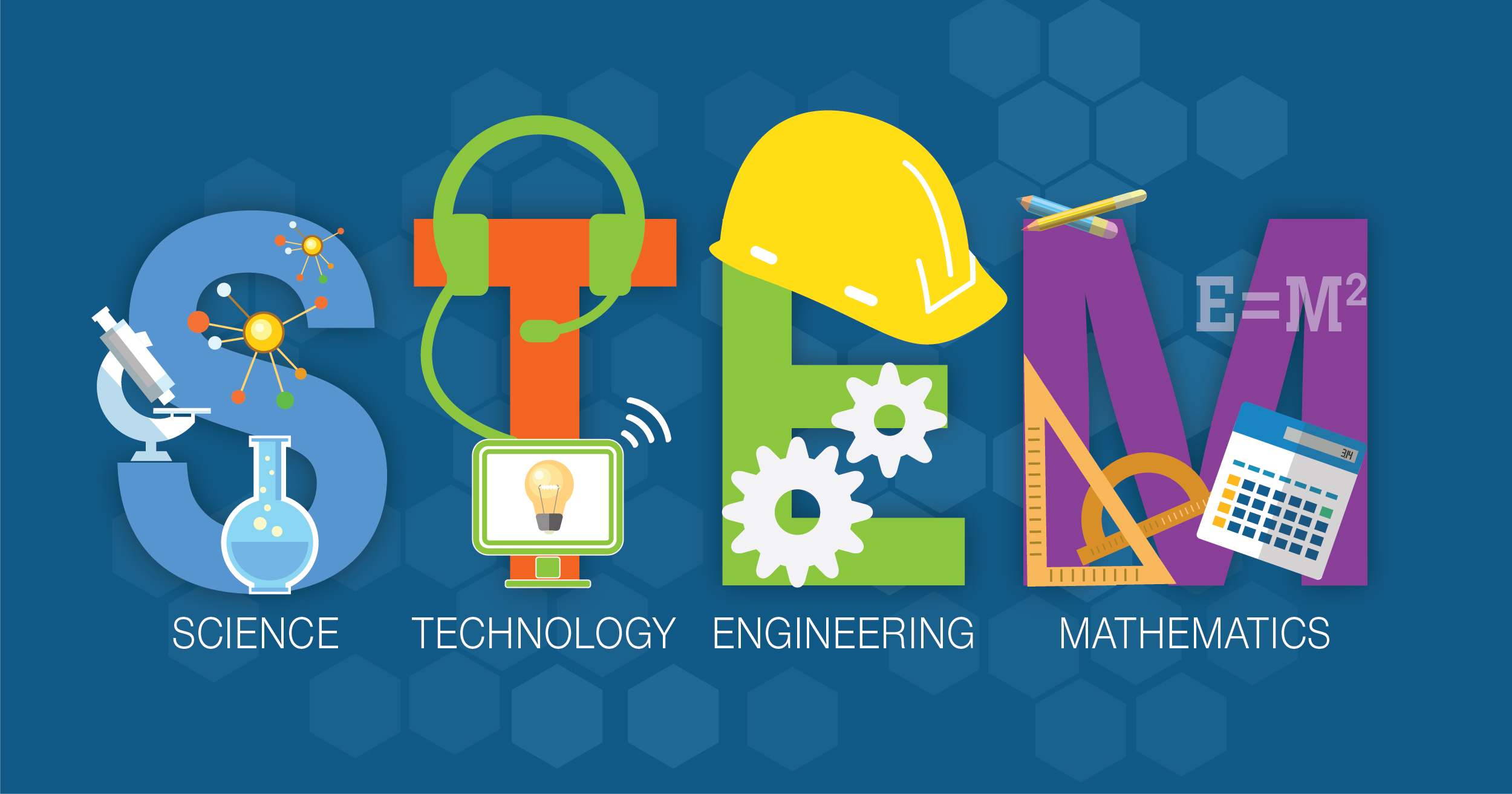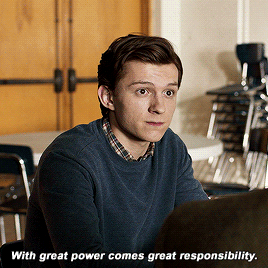Implications and future of space education

Humans have made incredible progress in space exploration in the 50 years since the Apollo 11 Moon landing. But what’s the next big step for crewed space missions, and could ‘space tourism’ be on the way?
Unmanned space probes are now investigating the universe beyond our solar system and communicating with Earth from a distance of nearly 11 billion miles.
We’ve also created technologies that allow humans to stay in space for extended periods of time, with Russian cosmonaut Valeri Polyakov holding the record for the longest single stay in orbit, which he achieved on the Mir space station for 437 days.
Unmanned space probes are now investigating the universe beyond our solar system and communicating with Earth from a distance of nearly 11 billion miles.
We’ve also created technologies that allow humans to stay in space for extended periods of time, with Russian cosmonaut Valeri Polyakov holding the record for the longest single stay in orbit, which he achieved on the Mir space station for 437 days.
Why should you study about space?
One of many reasons is that there’s a need within the space sector. We’ve been involved in many private sector companies that need some space education, such as Space Foundation and Voyager Space.

All these private industries, they need some sort of space education and that’s where we come in and fill that hole and provide this sector of education.
Space is not just limited to astronauts and astrophysicists. There’s other aspects and intricacies within space we have to make sure that we capture.
Now you look at AI and cybersecurity, they need a space component over as it intersects with everything.That’s what we’re trying to bring to the space centric need that is being filled by the private sector.
Space is not just limited to astronauts and astrophysicists. There’s other aspects and intricacies within space we have to make sure that we capture.
Now you look at AI and cybersecurity, they need a space component over as it intersects with everything.That’s what we’re trying to bring to the space centric need that is being filled by the private sector.
Opportunities that can be tapped into
I think it goes back to the first point a little bit, right. Why should you build one because I think it’s necessary to understand the future job market.
There’s a 8-21% job growth rate as predicted by the statistics of the Bureau of Labour with the STEM major career paths.
There’s a 8-21% job growth rate as predicted by the statistics of the Bureau of Labour with the STEM major career paths.

In South Carolina, for instance, where we’re building, the space industry has a big manufacturing component. It has a big manufacturing component, so it also must have a big impact on the future job market that is quite prevalent in the next 10 to 20 years.
The question is, what is it going to look like and are we going to actually explore it? Think about Jeff Bezos and the billionaires aiming towards the privatisation of space.
The industry involved in the privatisation of space is going to need employees that are space minded people. The players involved in the privatisation of space can teach our classes to prepare our students for the future.
The question is, what is it going to look like and are we going to actually explore it? Think about Jeff Bezos and the billionaires aiming towards the privatisation of space.
The industry involved in the privatisation of space is going to need employees that are space minded people. The players involved in the privatisation of space can teach our classes to prepare our students for the future.
Our vision
We at USISS are here to build a bridge between commerce and education, which also means that the industry leaders can come to our campuses and teach exactly what is needed within their own company or organization.
That’s our vision for this university and we have built it in South Carolina, since it is family oriented and has that home atmosphere.
That’s our vision for this university and we have built it in South Carolina, since it is family oriented and has that home atmosphere.

Our university is not going to have 3 million students. That is the goal we have in the future, but it’s going to start small and slowly expand.
When we start small, you can really connect with your professor, research with them, mentor with them, be in their presence and learn from the best in the industry. That’s what we’re trying to offer.
In South Carolina, you can learn in a family environment where you’re small enough to be a big person, but also big enough to have that small campus feeling.
When we start small, you can really connect with your professor, research with them, mentor with them, be in their presence and learn from the best in the industry. That’s what we’re trying to offer.
In South Carolina, you can learn in a family environment where you’re small enough to be a big person, but also big enough to have that small campus feeling.
Implications of the space sector being privatized
To quote a great Star Trek quote, “Boldly go where no man has gone before.” Captain Kirk went to space with Bezos, when he was 90 years old, which is amazing.
We’ll see more of that in the future and it just goes to show you that people need that kind of education as well, wherever there’s a job force, there needs to be some kind of some form of education.
We’ll see more of that in the future and it just goes to show you that people need that kind of education as well, wherever there’s a job force, there needs to be some kind of some form of education.

What we’re going to see in the future is the privatization of space just like any other sector, like economics. For example, India had its government the same until 91 and under Prime Minister B.V. Narsimha Rao privatized the economy to allow foreign investment into the country.
Similarly, in space, governments have dominated space. NASA, ISRO, and other such government space agencies have dominated the sector of space.
Privatization of the space sector is going to bring endless opportunities and possibilities in the near future. And who gets to win? Those who take the initiative to get into the space sector in the early days.
Privatisation engages innovation and although you don’t have the resources the governments do, you can still develop something meaningful.
Privatisation of space creates competition within those sectors and similarly to what happened to UPS and FedEx, which are the two successful postal companies in America. Once you add the layer of competition into the workforce, creativity and job growth becomes a byproduct of that.
Elon Musk is in SpaceX and he really wants to focus on space as the final frontier. He’s a creative guy sending people to Mars, all of this stuff just creates more opportunity for growth.
The Starlink project itself is a very creative endeavor. You need like minded people with the correct form of education that are working in that sector.
Similarly, in space, governments have dominated space. NASA, ISRO, and other such government space agencies have dominated the sector of space.
Privatization of the space sector is going to bring endless opportunities and possibilities in the near future. And who gets to win? Those who take the initiative to get into the space sector in the early days.
Privatisation engages innovation and although you don’t have the resources the governments do, you can still develop something meaningful.
Privatisation of space creates competition within those sectors and similarly to what happened to UPS and FedEx, which are the two successful postal companies in America. Once you add the layer of competition into the workforce, creativity and job growth becomes a byproduct of that.
Elon Musk is in SpaceX and he really wants to focus on space as the final frontier. He’s a creative guy sending people to Mars, all of this stuff just creates more opportunity for growth.
The Starlink project itself is a very creative endeavor. You need like minded people with the correct form of education that are working in that sector.

Training is one aspect, but learning the foundations is another. So we could potentially fill that job growth and requirement and have people that are specified within that field.
Right now, South Carolina has zero people going to NASA to work, but we can have more. We can have any person come from any country to America and make something for themselves. So, any idea from the world can come to America and become a way of fruition.
Elon Musk was originally born in South Africa, but he came to America due to his spirit of entrepreneurship. Even our founder, who was not from America, but he had an idea to come to America and slowly grow.
Right now, South Carolina has zero people going to NASA to work, but we can have more. We can have any person come from any country to America and make something for themselves. So, any idea from the world can come to America and become a way of fruition.
Elon Musk was originally born in South Africa, but he came to America due to his spirit of entrepreneurship. Even our founder, who was not from America, but he had an idea to come to America and slowly grow.
The role of satellites in space analogies?
Looking at the Hyperspace Challenge that gets education leaders and business leaders together to solve world problems. The winner of last year’s Hyperspace Challenge did space anomaly research as to how you can find space debris coming. This is a huge aspect and even with our own blue space, the safer anomaly is a big thing.
With debri, satellites, and solar weather there’s a huge amount of opportunity in that regard, because that is not unpacked yet. It’s slowly starting to expand more and more and space is the one frontier that hasn’t been fully explored.
With debri, satellites, and solar weather there’s a huge amount of opportunity in that regard, because that is not unpacked yet. It’s slowly starting to expand more and more and space is the one frontier that hasn’t been fully explored.

The effort to understand space debris, space, satellites, and solar weather and the resources used to do that will not only extend the lifetime of mankind, but also I think, really understand and explore space a lot better. This is just a small part of everything that’s coming in the next 50 years.
Privatization of space—boon or bane?
After researching India’s political ramifications, I was in awe when I learned about what BV Narsimha Rao did with India. It was not a political thing, but obviously he did it because he thought it was pragmatic and the right choice to make at the time.
Similarly Musk, Bezos, and Richard Branson think that they’re doing the right thing at the right time for a noble reason. With great power comes great responsibility, as we’ve all heard from the Spider Man movie.
Similarly Musk, Bezos, and Richard Branson think that they’re doing the right thing at the right time for a noble reason. With great power comes great responsibility, as we’ve all heard from the Spider Man movie.

You have that power. You have that responsibility. You’re a billionaire. What are you gonna do? What’s the one untapped market that you can go to? That’s why I think privatization of space is a boon to humanity.
I think privatization of any industry is a good thing and that’s how we had Infosys in India and the data empire. I think capitalism in that regard is really great, because it increases competition and lowers the poverty level.
Not that space is going to do all of that, but it’s another industry that will provide jobs at the end of the day. It will provide new skilled workers and I think that’s more powerful than space itself.
I think privatization of any industry is a good thing and that’s how we had Infosys in India and the data empire. I think capitalism in that regard is really great, because it increases competition and lowers the poverty level.
Not that space is going to do all of that, but it’s another industry that will provide jobs at the end of the day. It will provide new skilled workers and I think that’s more powerful than space itself.
Recommended Posts

How a Single Man’s ‘Life-Plan’ is Transforming the Tech, Health, and Space industries
January 6, 2022

Do we really need to send humans to space?
December 30, 2021

AI, a window of opportunities during a crisis
December 15, 2021


